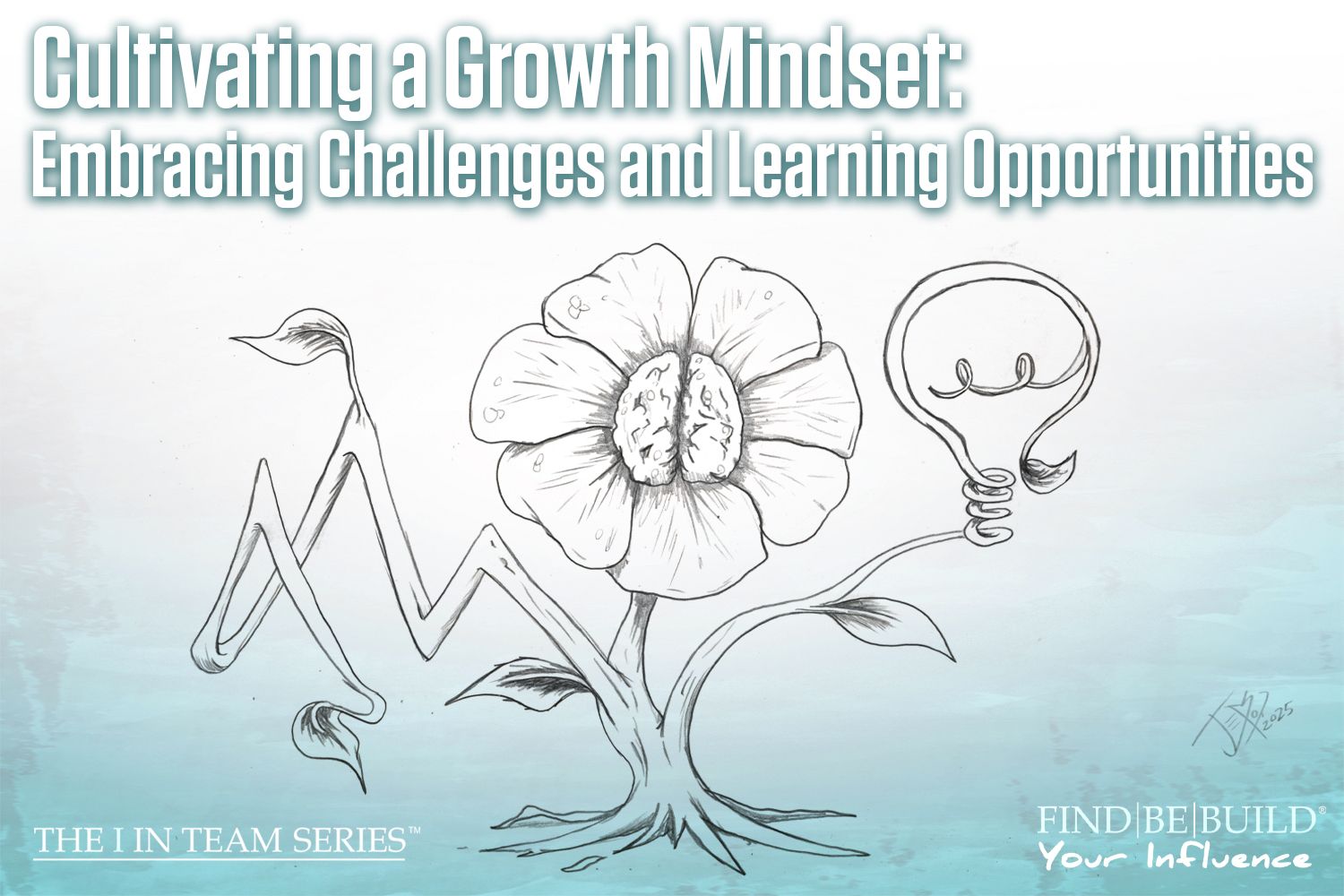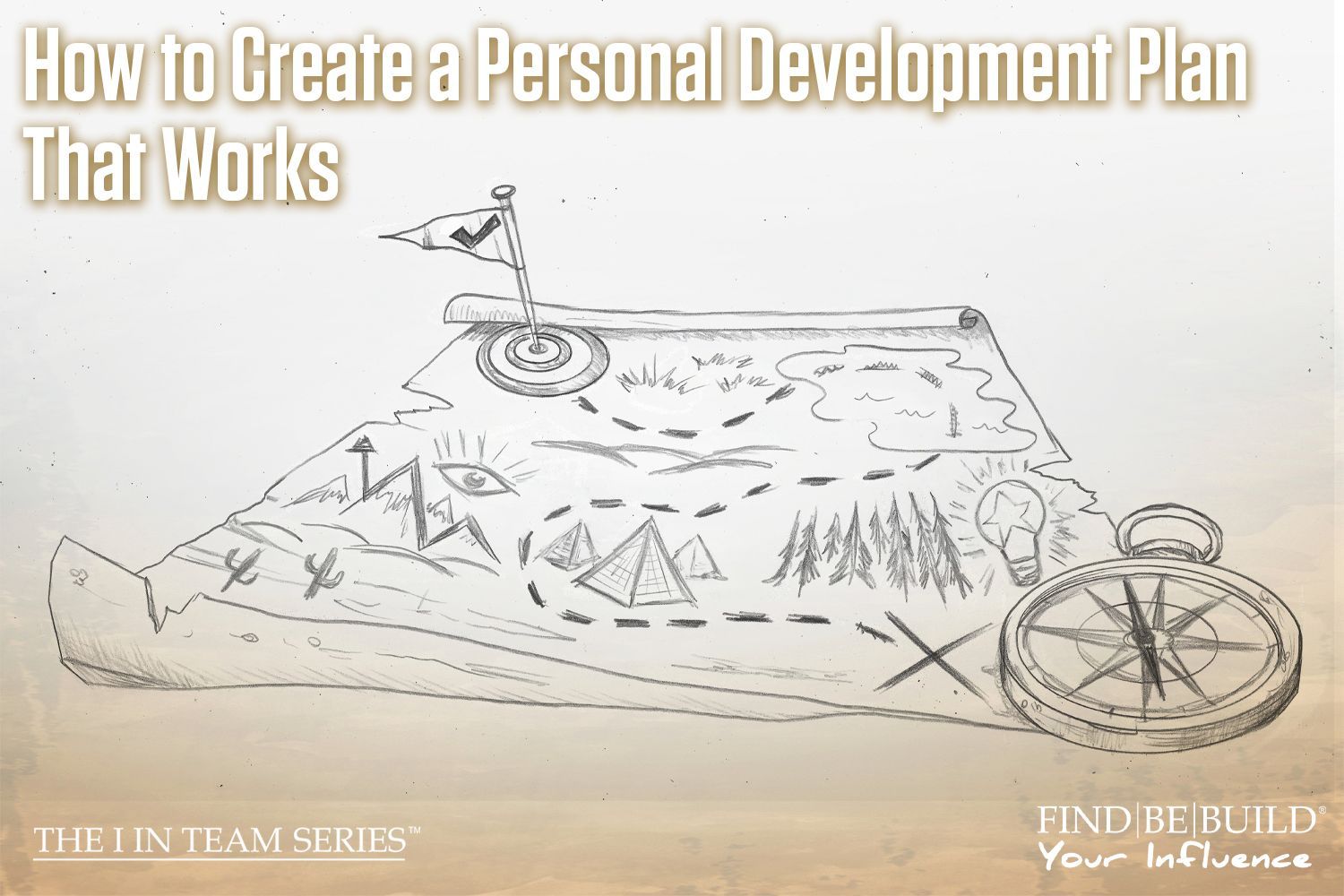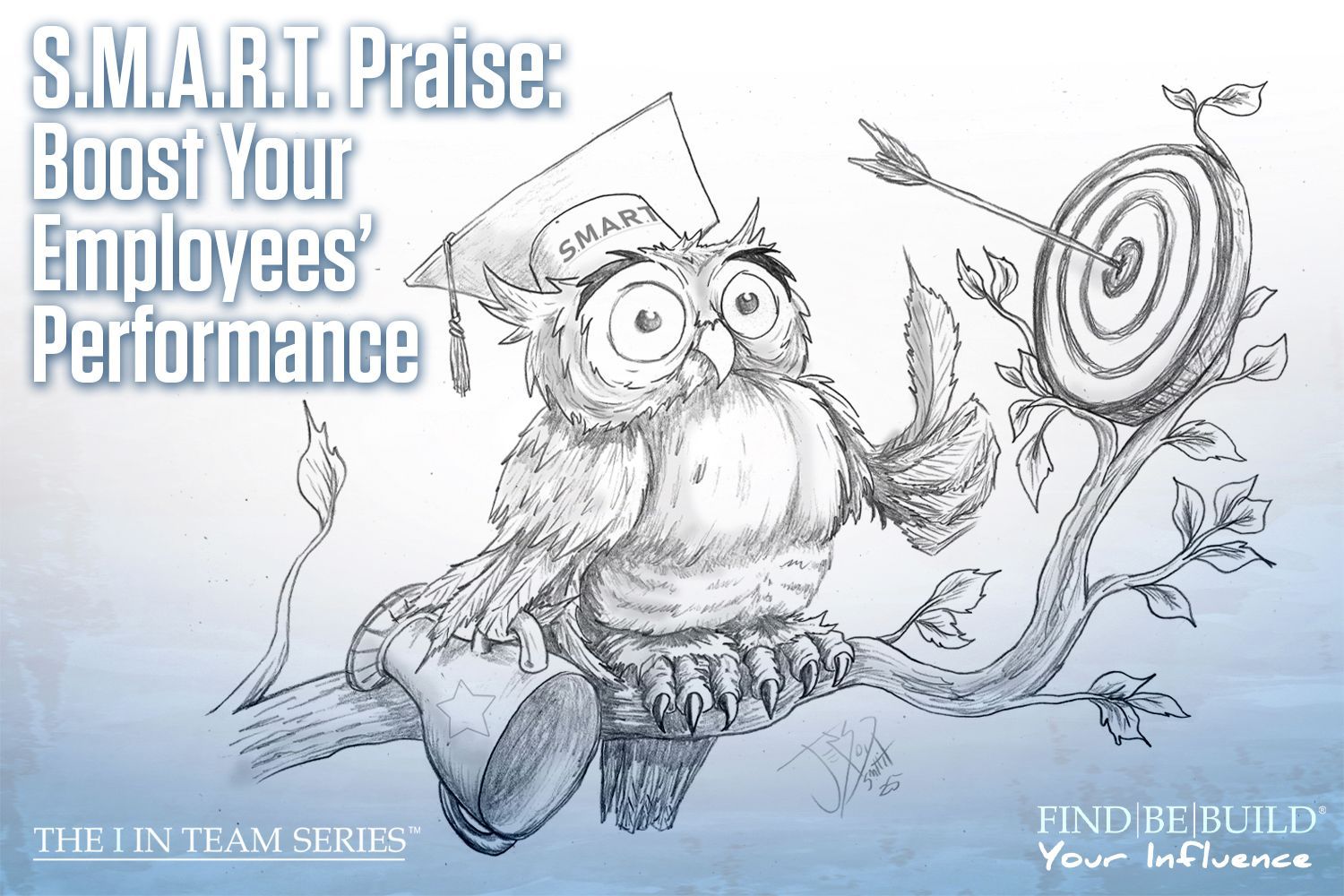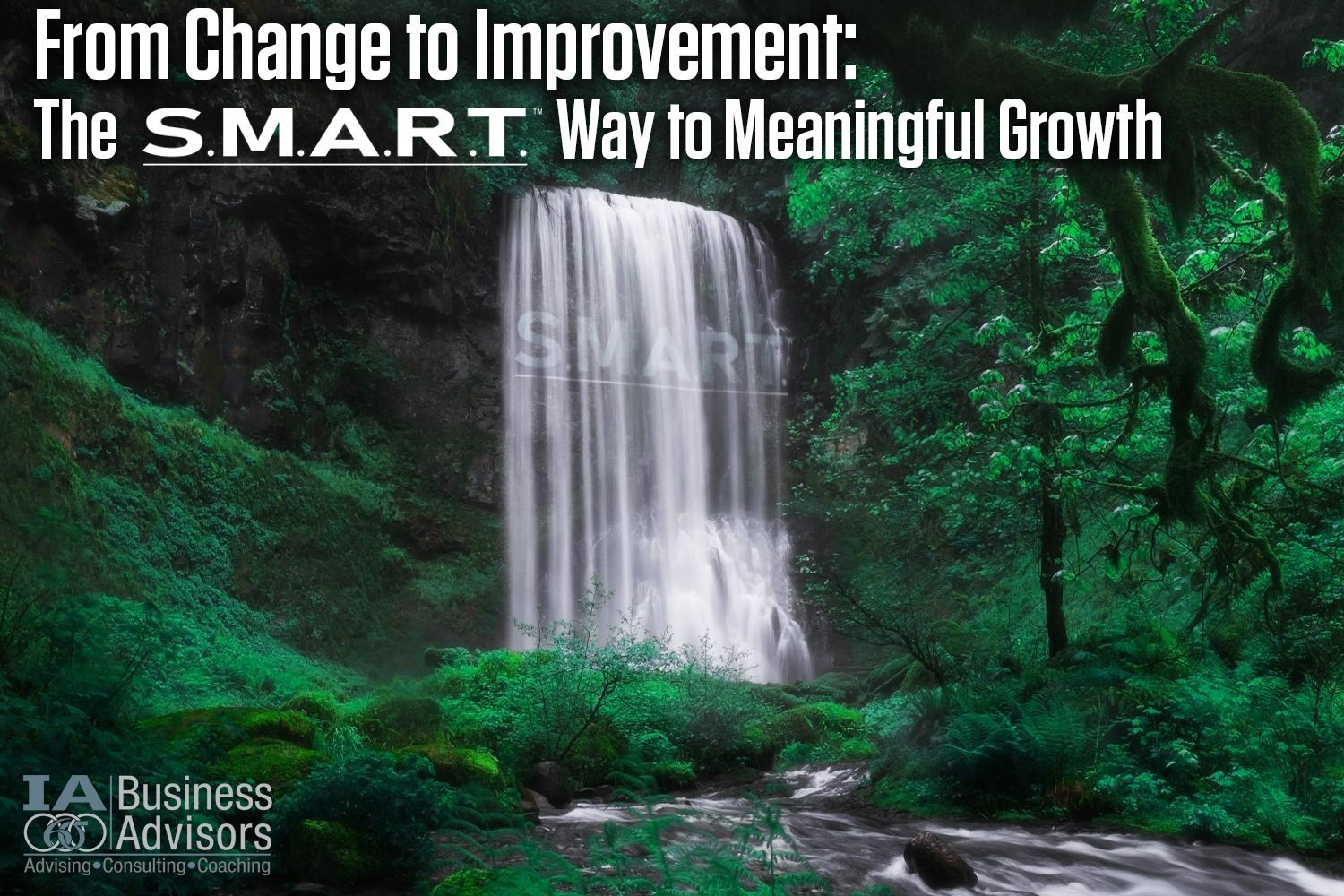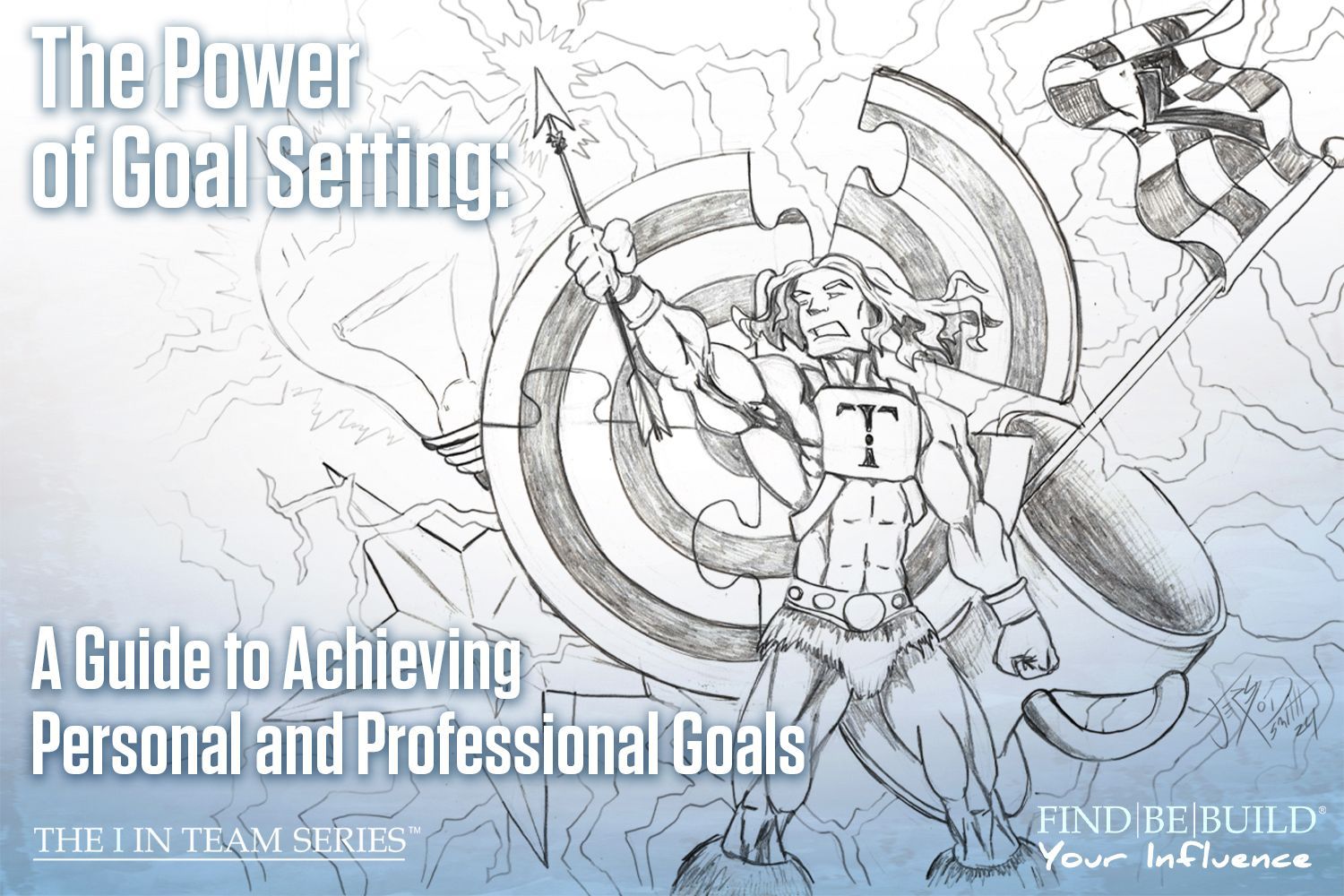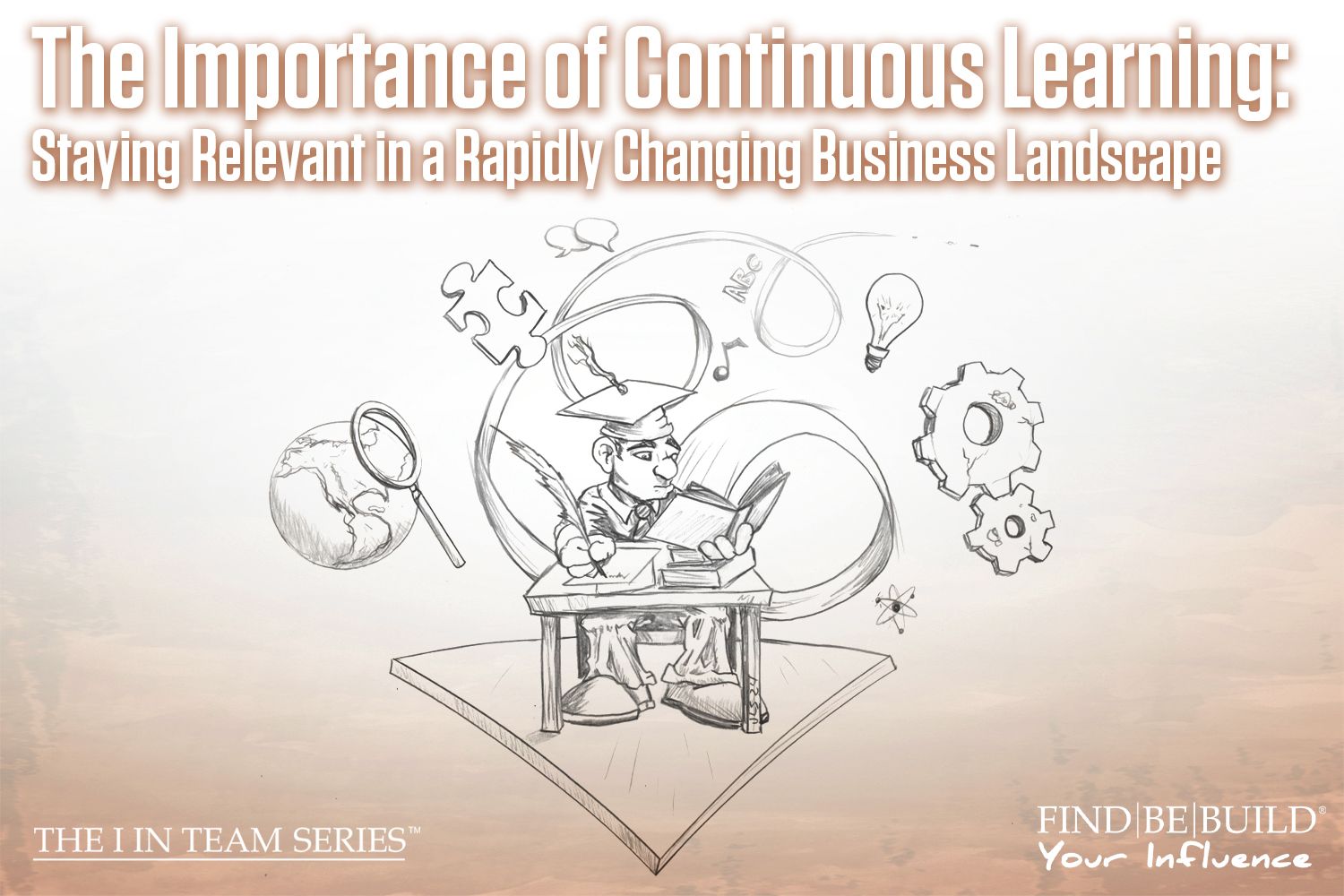Tips for future leaders

Some say that leaders are born, but that isn’t necessarily true. While some may be born with a natural inclination to lead, anyone can be a leader if they take the time to build healthy habits and grow in their leadership abilities. This doesn’t mean leadership is easy; in fact, it means the opposite. Taking on a leadership role is challenging and rewarding. For those who are interested in becoming a leader (or if you just want to brush up on your leadership skills), this blog provides tips for future leaders to ensure they are on the right track to growing in their positive influence.
Be Objective
Being objective in an emotionally charged world can be one of the most beneficial traits for anyone aspiring to lead. Being objective can help leaders overcome bias and/or bigotry in a way that slows them down and allows them to engage other positive leadership traits (like those listed below). When we approach issues with an objective mindset, we automatically create pauses that help us identify when our emotions begin to challenge our ability to be a positive leader. Being an objective leader allows us to grow our emotional intelligence, remain intentional and effective in our communication, and keep a growth mindset.
Build Emotional Intelligence
We must be aware of our own emotional state and be able to recognize, categorize, and manage the emotions we feel. This requires some objectivity; we can grow emotionally when we approach our emotions mindfully, not dismissing them but attempting to slow them down and understand them. Additionally, those who are emotionally intelligent are able to easily read the emotions of others and pick up on social and emotional cues. This includes the ability to understand what others need when they are feeling emotional. Doing this, again, requires objectivity. This ties together with empathy, which is the ability to connect with and understand others’ emotional states and then being able to communicate or demonstrate that understanding. The point of emotional intelligence is to recognize there are emotions at play, categorize those emotions, and work to alleviate them if they are negative.
Communicate Effectively
With communication, you want to listen to learn and speak to support. If we do these things mindfully and with intention, our body language will follow. If we can remain objective and emotionally intelligent, communicating with others by really giving them our time and engaging with them creates loyal and open team members. Additionally, with communication rapidly becoming more digital, leaders need to remain mindful of how their digital (and verbal) communication is received. It's easy for communication to be lost in translation, even when communicating verbally, so losing context digitally can be even easier. To communicate well, check for understanding, ask for questions and comments, repeat any key points, and always listen to learn and speak to support.
Have a Growth Mindset
The growth mindset is a belief that we can continue to grow our minds and expand upon our knowledge through education, experience, feedback, and inter- and intrapersonal relationships. As opposed to a fixed mindset, where one would believe they could not change, grow, or learn from experiences, rather they believe their position is static. Individuals and teams can have growth or fixed mindsets. Teams with a growth mindset will be more likely to have individual team members who have growth mindsets because teams that set and achieve goals, succeed, and fail all learn and grow together both personally and professionally. This is cyclical as team members who have a growth mindset will influence the team to develop a growth mindset, creating a circle of influence, positivity, and growth.
Growing as a leader doesn’t need to be a daunting task, and as you continue or embark on your journey to grow your leadership skills, be sure to employ some compassion and empathy for yourself. With a growth mindset, there is room for mistakes to be made and learned from. The goal is to always be learning and striving to be a positive influence on your teams. Should you become curious about more tips to being a positive leader, check out IA Business Advisors’ book series, The I in Team. In our series, you can find, be, and build your positive influence. Have further questions? Contact our team!
